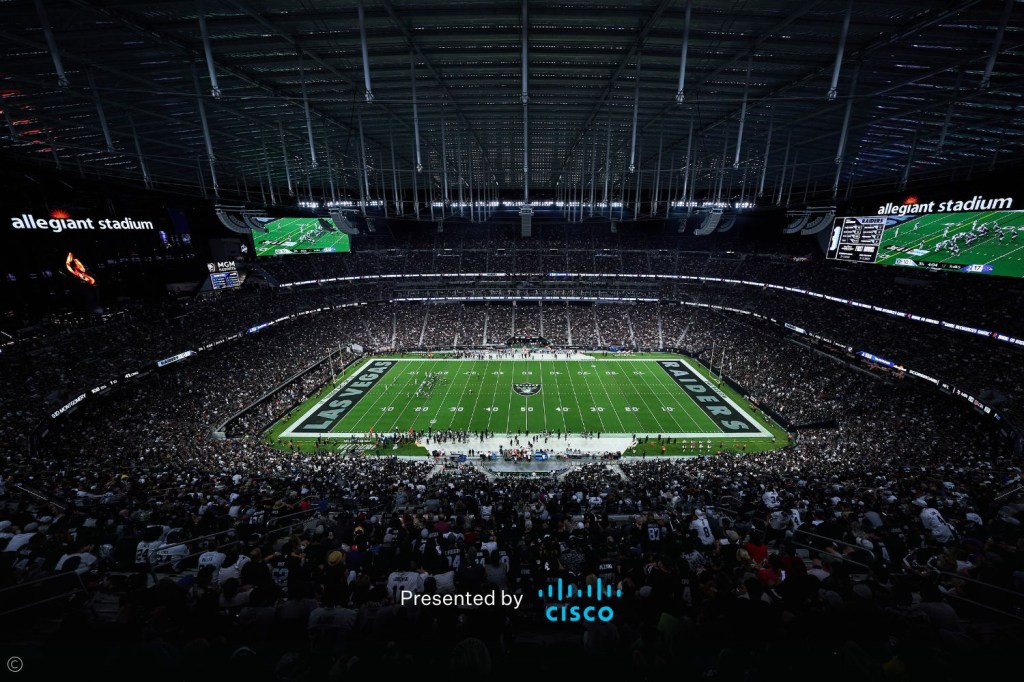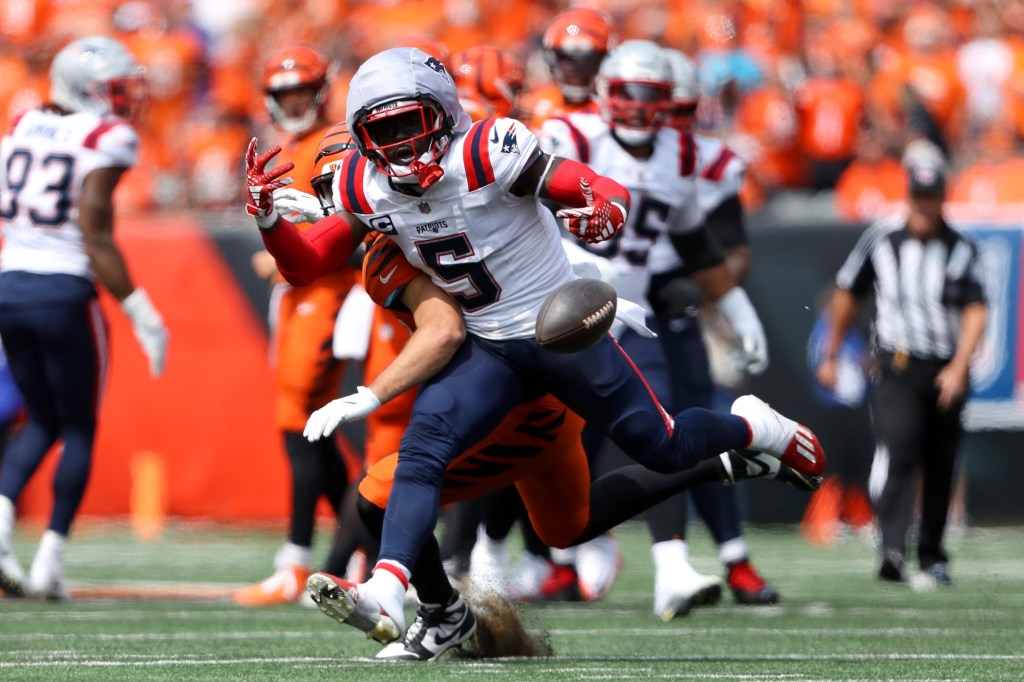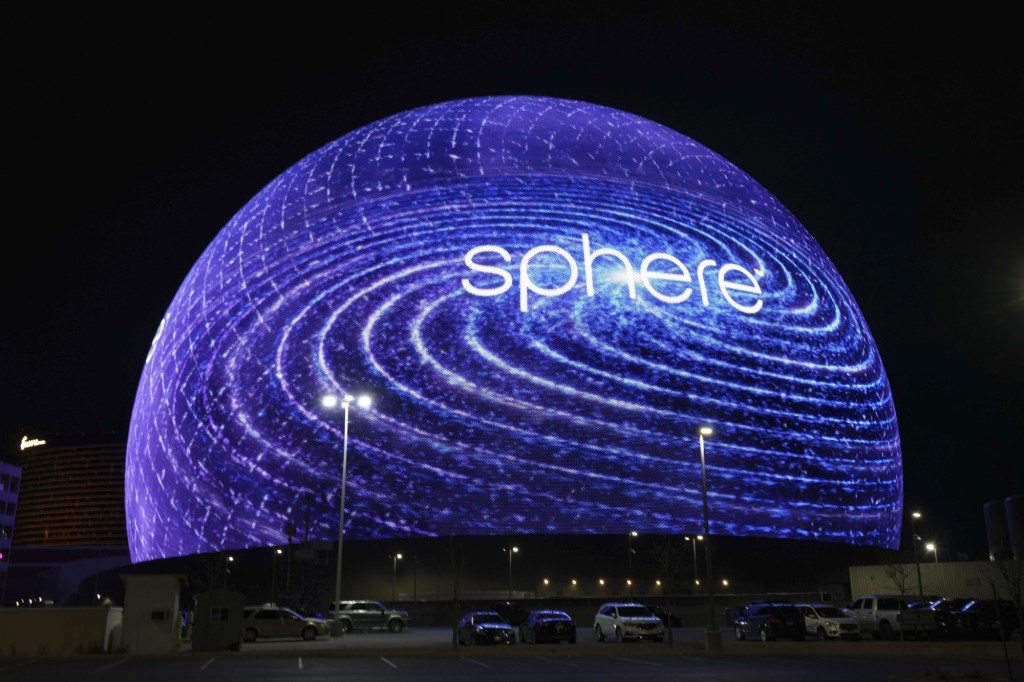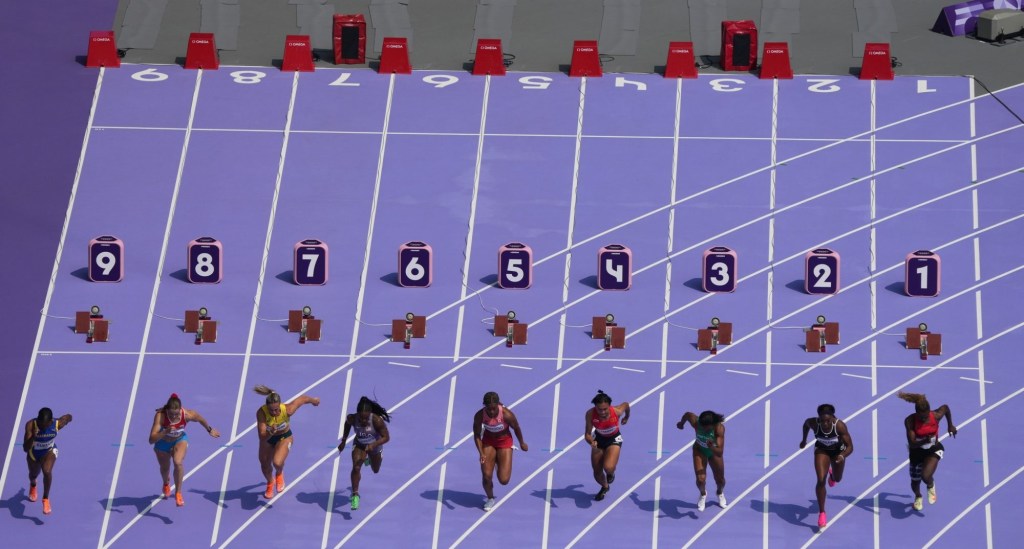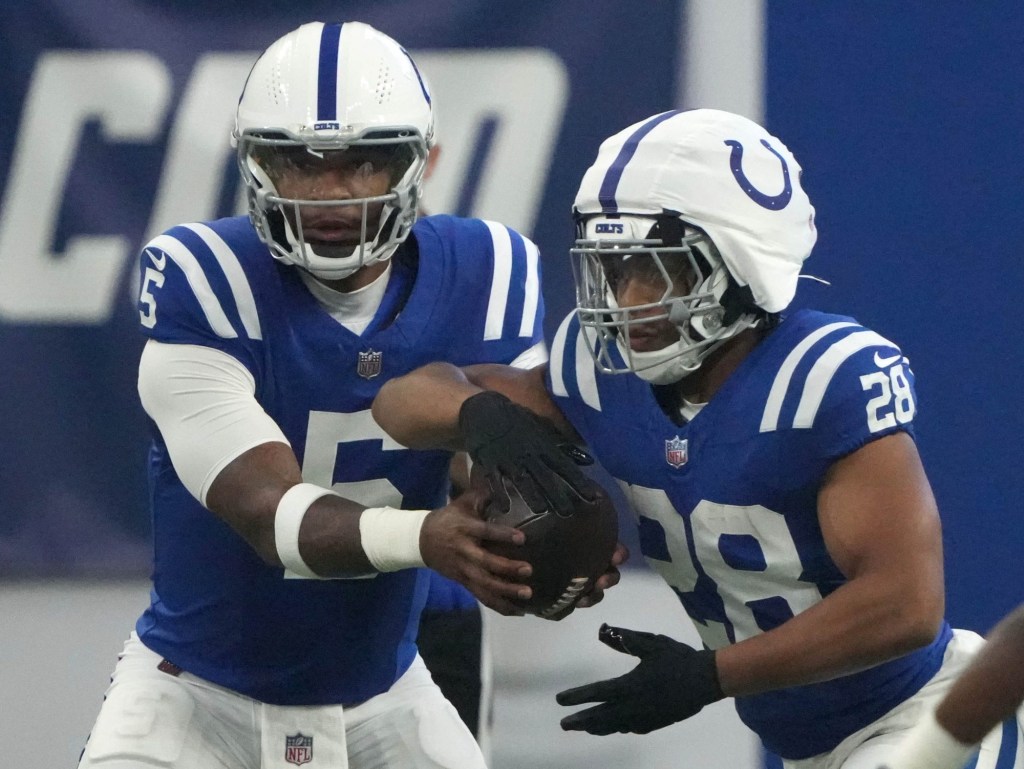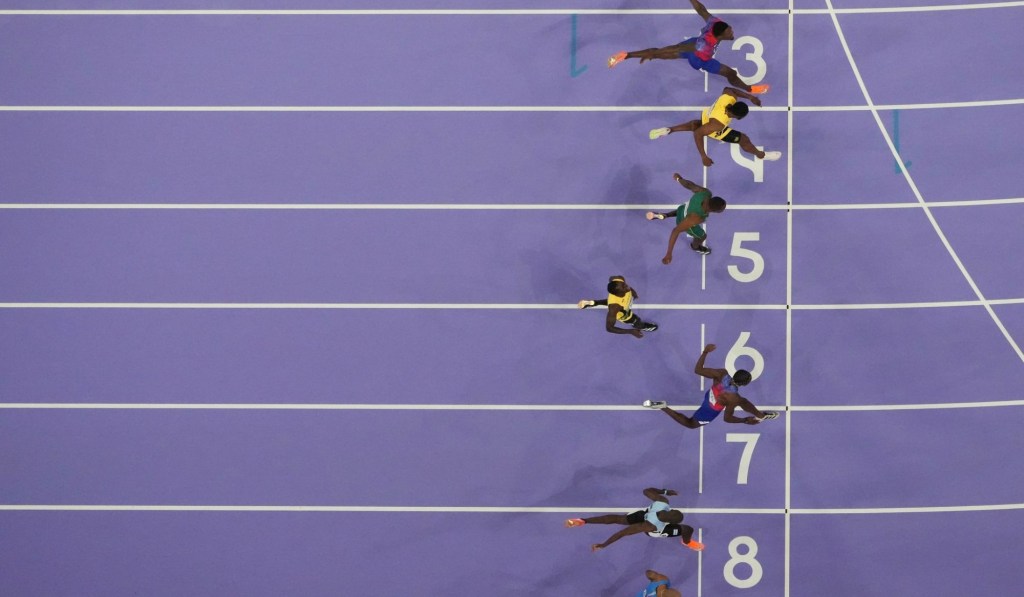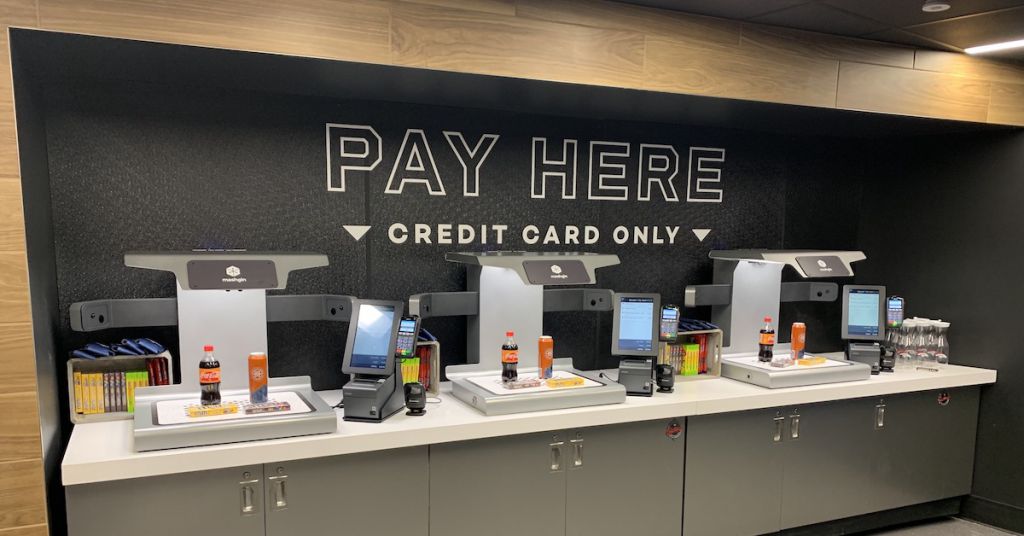
Whether it’s to ease the strain of labor issues, increase consistent quality or save valuable time so fans can find their way back to their seats for game action, AI-powered and robotic concession stands are popping up across U.S. sports venues – with more expected to come in the future.
“We’re continuing to explore opportunities in our client and partner venues,” said Carl Mittleman, president of Aramark Sports & Entertainment. “Management teams are clamoring for more units, but we’re not placing them for the sake of placing them, they must be part of a conceptual development. Otherwise, it may not solve what we’re trying to accomplish.”
Aramark has deployed approximately 65 AI-powered grab-and-go units throughout the 21 different venues it services.
Working with startup Mashgin, Aramark’s effort has been focused around solving the age-old concessions time crunch. The system works when the customer grabs the desired products and places them at the AI cashier, which recognizes the products and charges the user.
The company started with pilot programs in Houston and Kansas City last year and deployed throughout its nine Major League Baseball stadiums this season.
Mittleman said the pilot program and this season’s baseball portfolio-wide deployment accomplished the goal. He said the stands witnessed a 40% decrease in transaction time and a 25% increase in sales. Aramark also piloted a program at Citi Field at the end of the season with CLEAR for biometric age verification and payment, which Mittleman said went well.
“We’ve taken a number of steps out of the overall process, kept it simple,” Mittleman said.
Aramark also has since increased its AI-powered stations in seven football stadiums and five arenas, as well as more convention centers.
In Denver’s Empower Field at Mile High Stadium, there are 17 stations and process approximately double the transactions of a standard non-AI powered concession station during a game. Similarly, Mittleman said self-order kiosks for traditional stadium fare, like hot dogs, popcorn and pizza, they’ve started to rollout have a 50% faster transaction rate than human cashiers.
Other concessionaire companies are also rolling out similar AI concession concepts.
Legends Hospitality rolled out an Amazon Go-style stand at Sacramento’s Golden 1 Center. The store requires an app to use and the store tracks the user.
Levy Restaurants has been at the forefront of frictionless transactions at many of its venues, including Tropicana Field, which was the first arena to go 100 percent cashless. According to a Forbes article detailing the company’s E15 division, Levy has seen a 12 percent increase in throughput in areas with self-service kiosks and with cashless can experience up to 100 transactions in a 15-minute window.
Levy also rolled out a robotic fry cook, named Flippy, at Dodger Stadium.
Robotic concessions like Flippy are expected to become more commonplace.
In Seattle’s T-Mobile Park Centerplate rolled out a pilot program of a pizza station from Seattle-based company Picnic’s modular concession stands for the last few Mariners series. The AI-powered stand was configured to make pizzas; up to 180 18-inch pizzas in an hour, or 300 12-inch pizzas in the same amount of time. The system can be programmed to make a variety of other popular concession items.
The key-piece of the robotic pizza maker is consistency, said Steve Dominguez, Centerplate vice president, and general manager of T-Mobile Park. Dominguez said the goal isn’t to go from 1,000 employees to 600, but rather integrate automation into the workforce to help a consistent product when they can’t fill a staff.
READ MORE: Humans vs. AI: Drone Racing League Debuts Autonomous Racing Drone
“Our priority, as much as some people are feeling it’s going to replace workers, we have a hard time finding it – we’re in a constant labor shortage,” Dominguez said. “It takes a level of training to get to that perfect product, that consistency, and we’re always short. What we do is try to find a solution to bring that perfect product.”
As Aramark’s stated goal has been to cut the downtime fans spend waiting in the concession process, Mittleman said the AI implementation hasn’t been to cut down on employees or solve a labor crunch. Rather, the employees who had once been cashiers are redeployed. Each station still has an attendant to help when needed, check IDs or restock the merchandise.
“The best part, these are busy so they’re spending time stocking and reloading,” he said. “Yes, there’s no about a labor challenge, but the intent is to drive the transaction rate and redeploy the labor.”
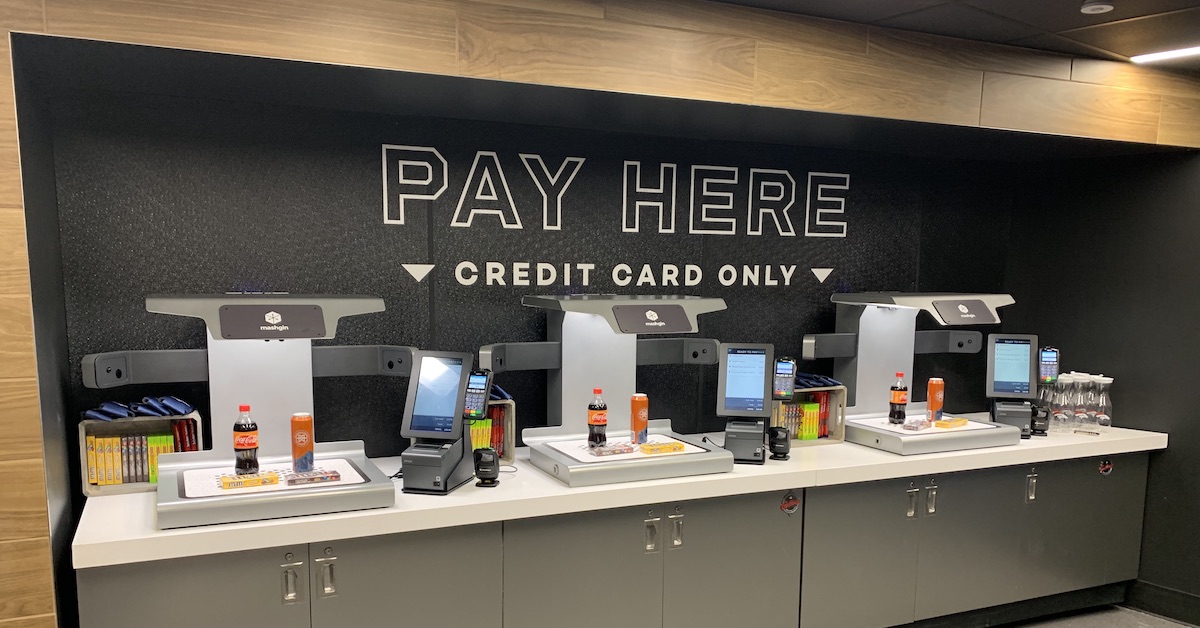
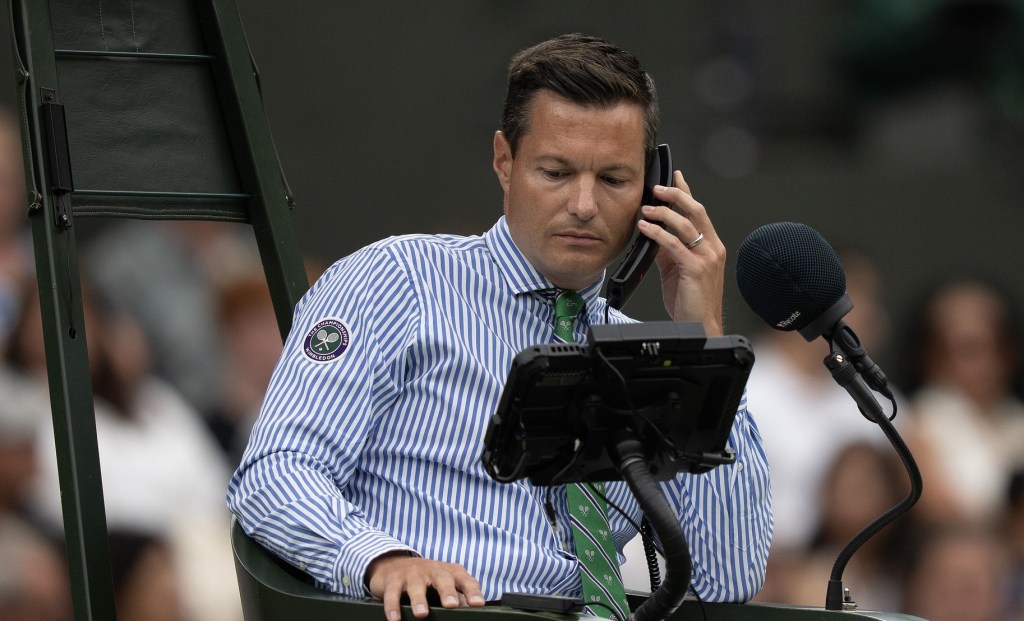

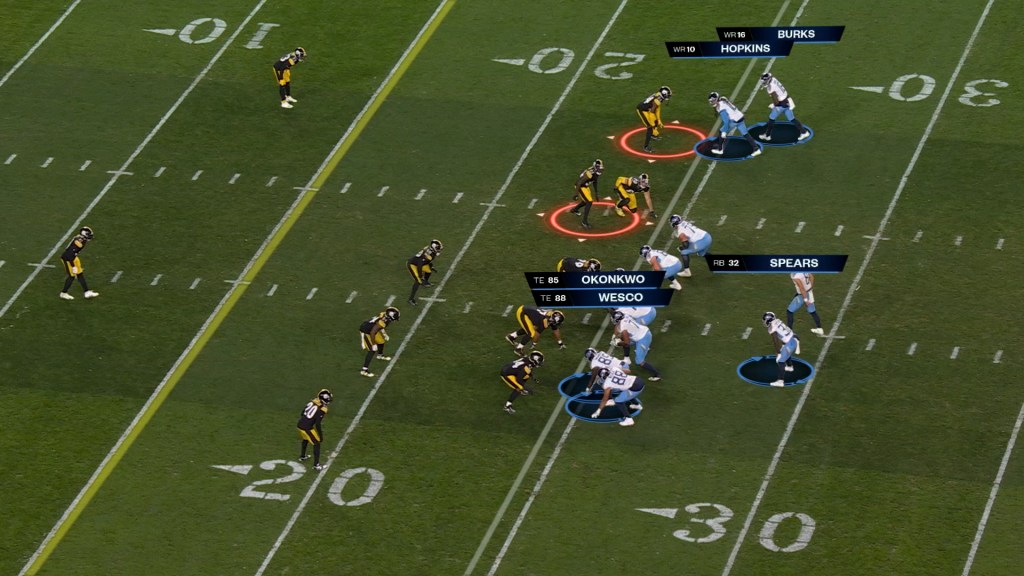
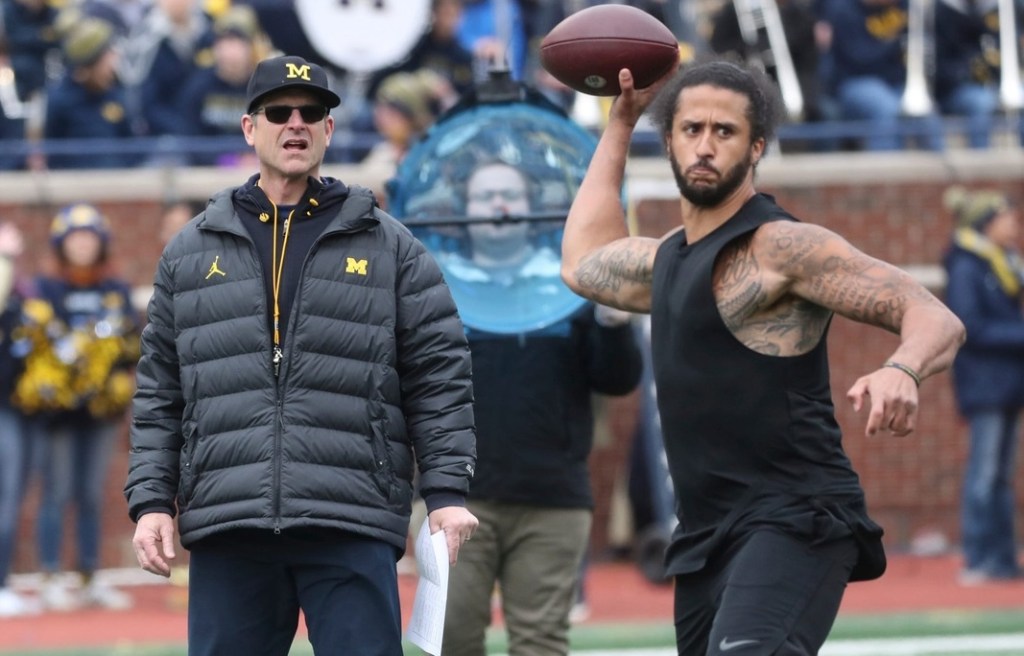


![[Subscription Customers Only] Jun 15, 2025; Seattle, Washington, USA; Botafogo owner John Textor inside the stadium before the match during a group stage match of the 2025 FIFA Club World Cup at Lumen Field.](https://frontofficesports.com/wp-content/uploads/2026/02/USATSI_26465842_168416386_lowres-scaled.jpg?quality=100&w=1024)
![[Subscription Customers Only] Jul 13, 2025; East Rutherford, New Jersey, USA; Chelsea FC midfielder Cole Palmer (10) celebrates winning the final of the 2025 FIFA Club World Cup at MetLife Stadium](https://frontofficesports.com/wp-content/uploads/2026/02/USATSI_26636703-scaled-e1770932227605.jpg?quality=100&w=1024)
